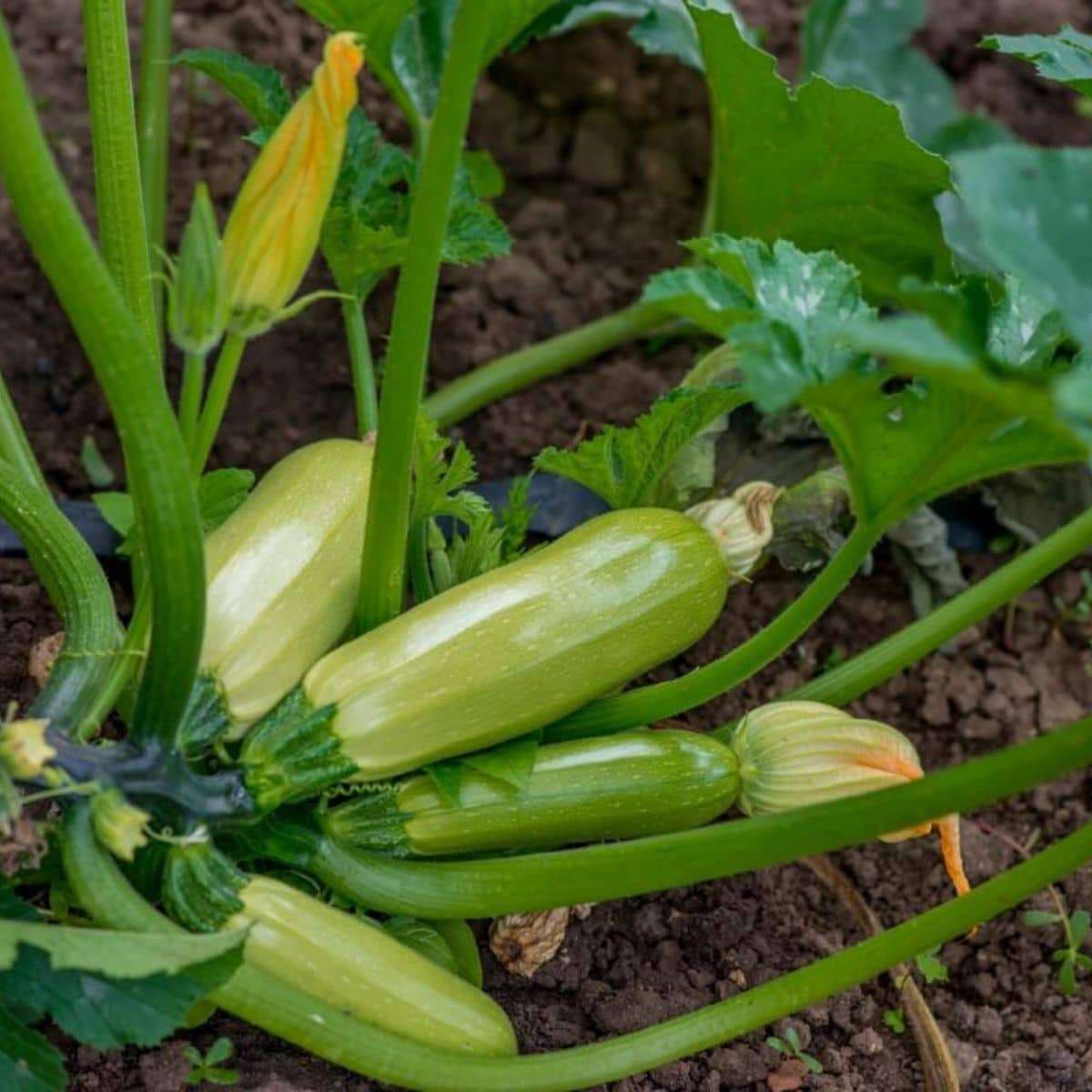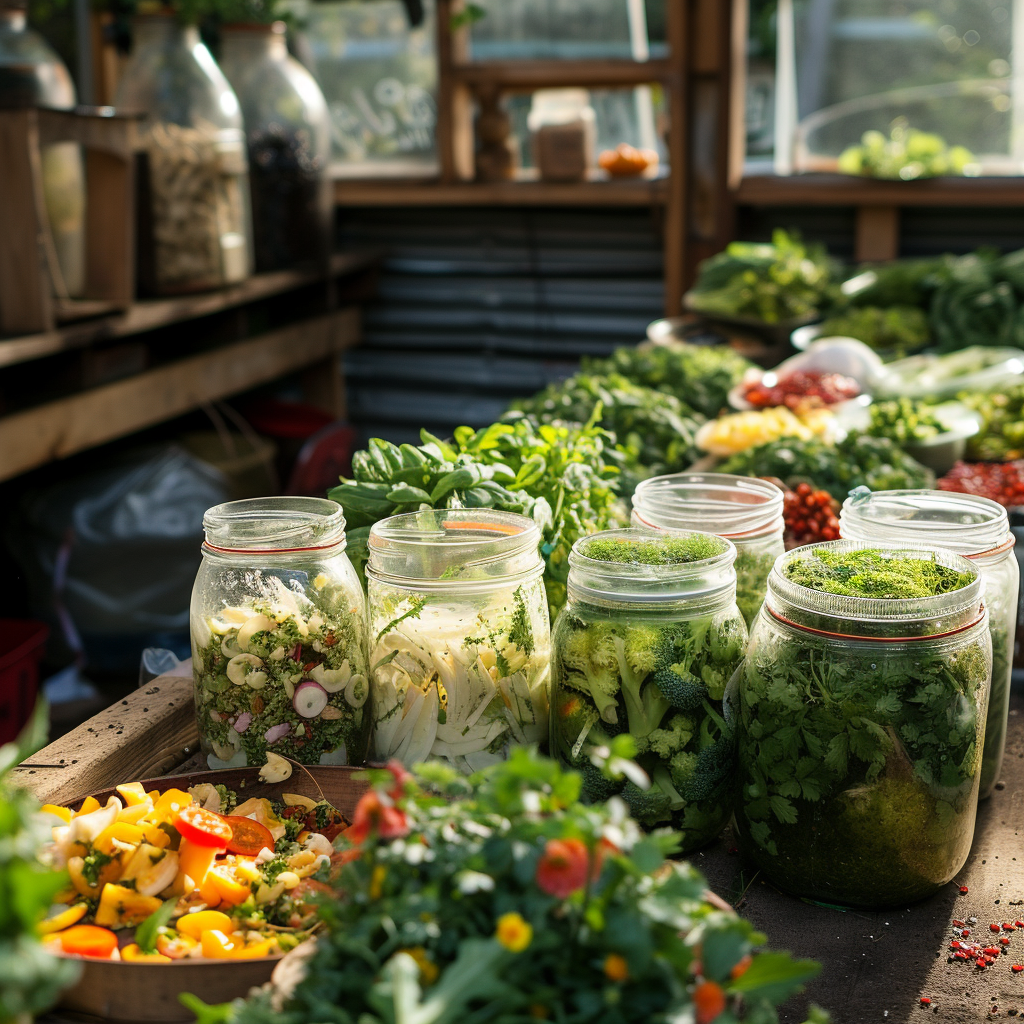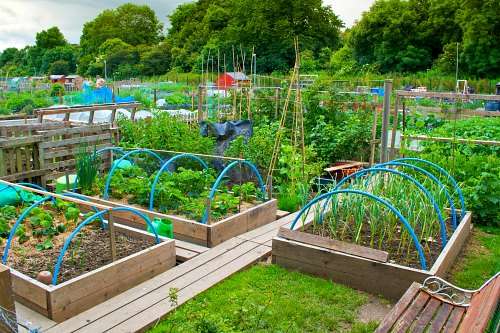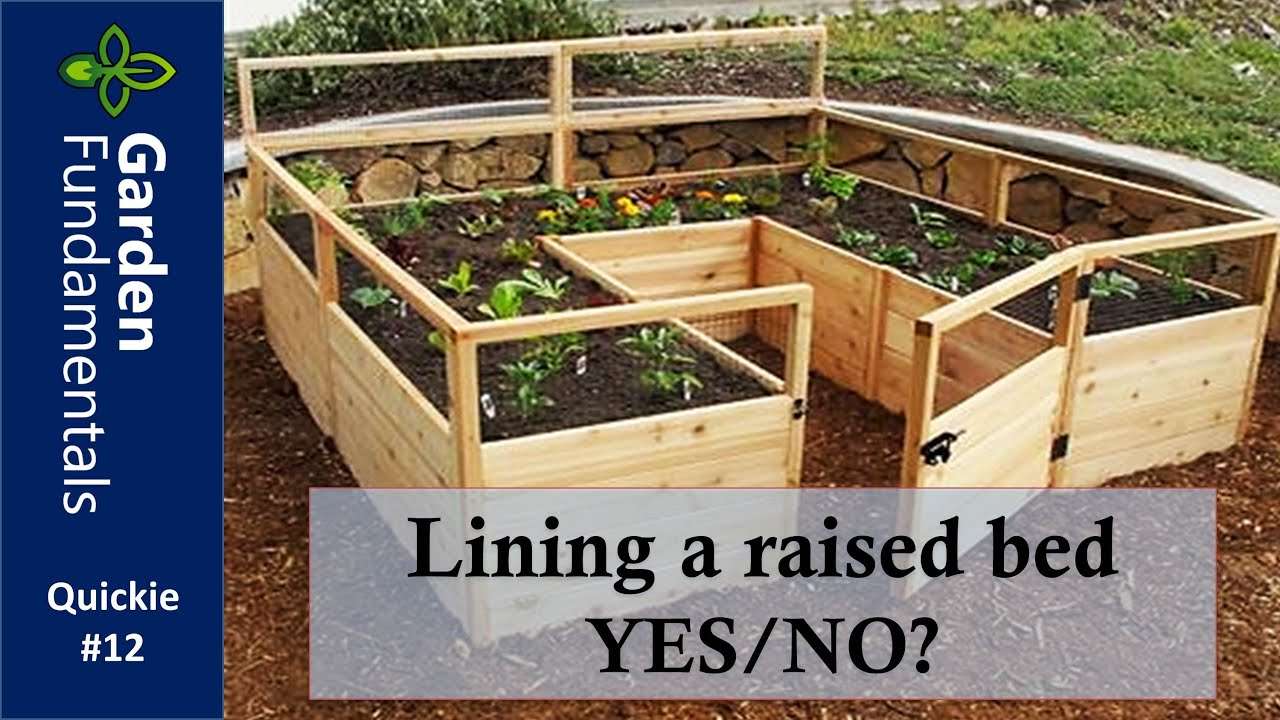In this article, we’ll discuss common mistakes in zucchini companion planting and provide you with valuable insights in the world of gardening. We’ll explore the topic of off-grid living and highlight what not to plant with zucchini. By the end of this article, you’ll have a better understanding of how to maximize the success of your zucchini plants and make the most out of your garden. So, let’s get started!
Common mistakes in zucchini companion planting
If you’re an enthusiastic gardener who loves growing zucchini, you may have heard about the benefits of companion planting. This ancient gardening technique involves planting certain crops together to enhance their growth and productivity. While companion planting can be a great way to maximize your zucchini harvest, there are some common mistakes that many gardeners make. In this article, we will explore the common mistakes in zucchini companion planting and how to avoid them.
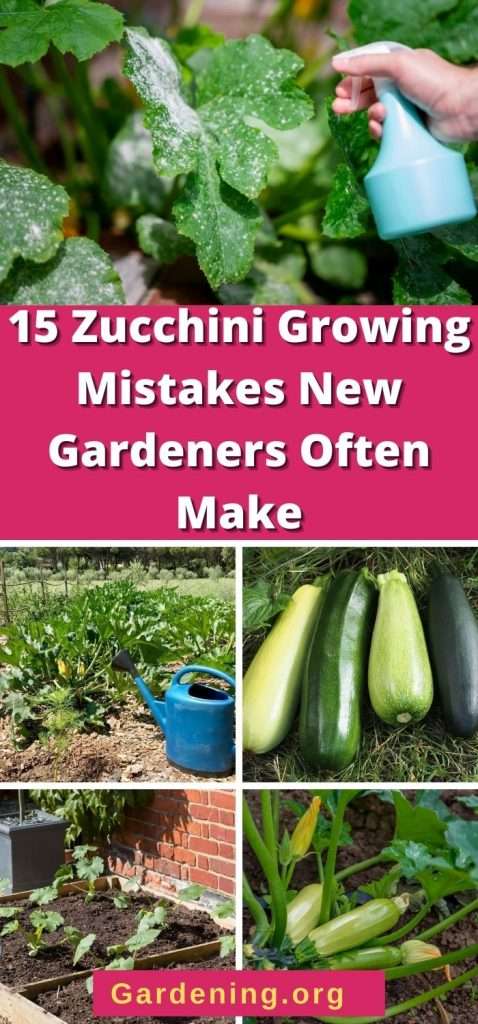
Improper companion planting
One of the biggest mistakes gardeners make when it comes to companion planting with zucchini is improper pairings. Not all plants are suitable companions for zucchini, and planting them together can lead to negative effects on growth and yield. It’s important to do your research and choose companion plants that have a mutually beneficial relationship with zucchini.
Choosing incompatible plants
Another mistake in zucchini companion planting is choosing incompatible plants. Some plants, when planted together, can actually hinder each other’s growth or attract pests. For example, planting zucchini near potatoes can increase the risk of potato blight, a common fungal disease. It’s crucial to choose companions that have similar needs and growth habits to ensure a successful garden.

Overcrowding zucchini
Overcrowding zucchini plants is a common mistake that can have a significant impact on their health and productivity. When zucchini plants are planted too close together, they compete for nutrients, water, and sunlight. This can result in stunted growth and smaller harvests. To avoid overcrowding, make sure to space your zucchini plants according to their specific variety’s recommendations.
Neglecting proper spacing
In addition to overcrowding, neglecting proper spacing between zucchini and other plants can also lead to problems. Each plant has its own specific space requirements, and failing to give them adequate room can create a cramped environment that inhibits their growth. Be sure to follow spacing guidelines and give your zucchini and its companion plants enough space to thrive.
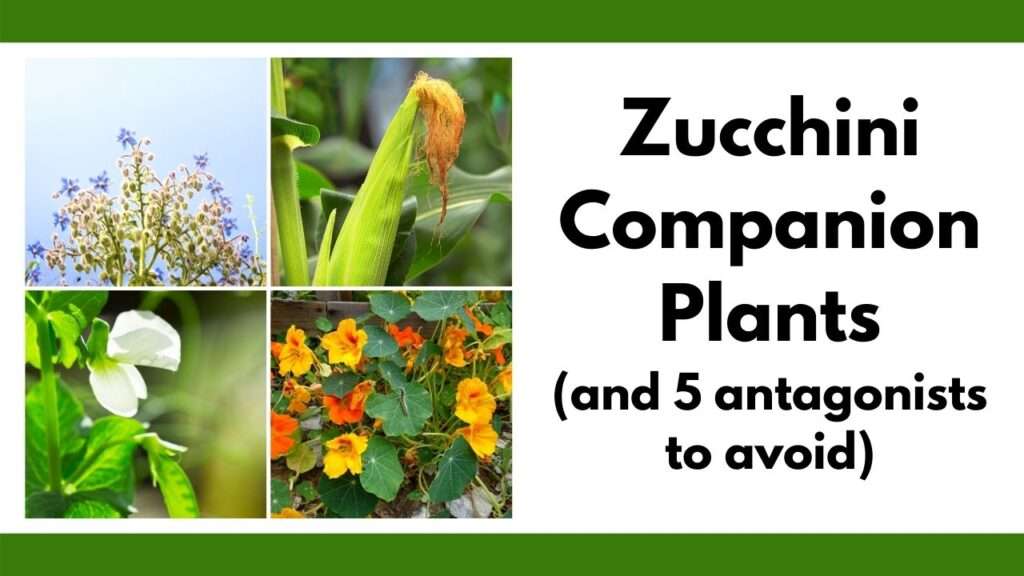
Planting zucchini near cucumbers
While it may seem logical to plant zucchini and cucumbers together since they are both part of the Cucurbit family, this is actually a mistake. Zucchini and cucumbers have different growth habits, and planting them together can lead to competition for resources and increased vulnerability to diseases. It’s best to keep them separate to ensure optimal growth for both crops.
Planting zucchini near potatoes
As mentioned earlier, planting zucchini near potatoes is not advisable. Potatoes are susceptible to potato blight, and zucchini can inadvertently increase the risk of this fungal disease. To prevent this, it’s recommended to keep zucchini and potatoes in separate parts of your garden.
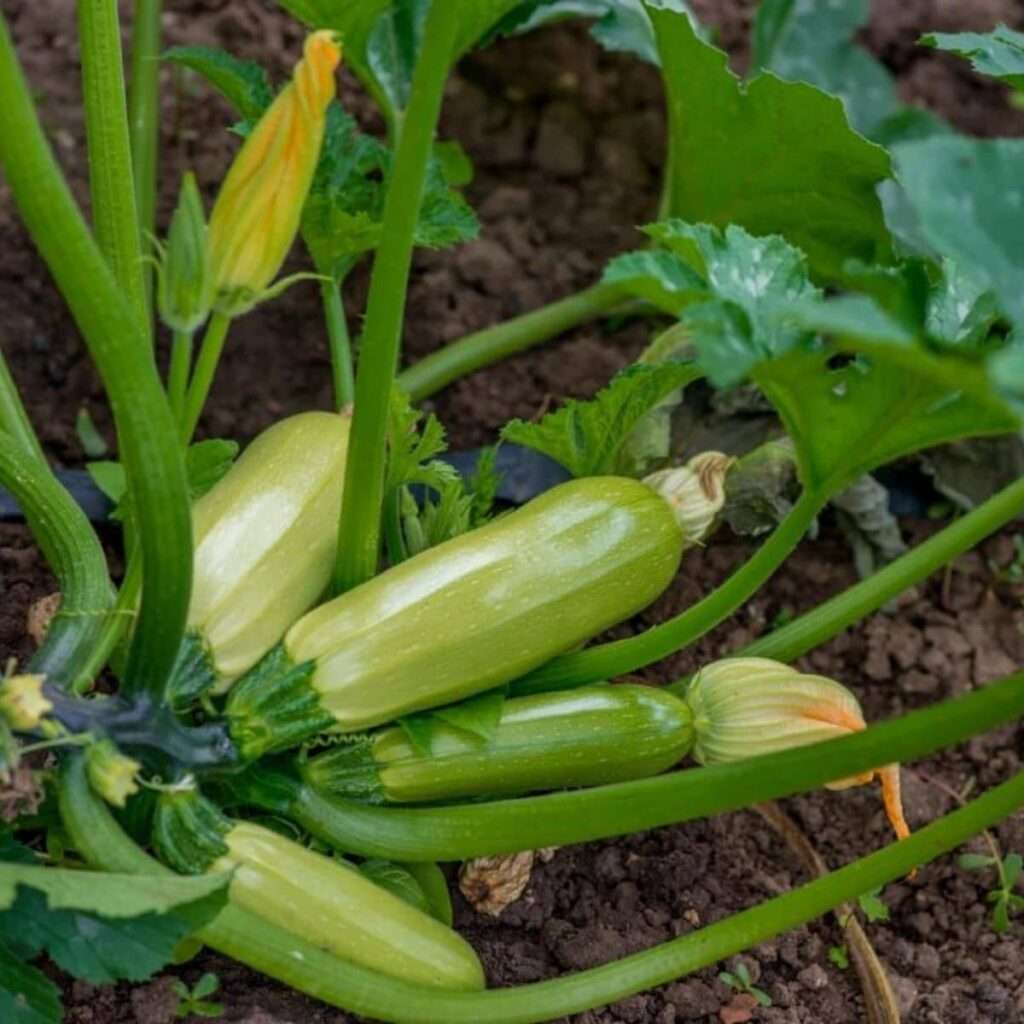
Planting zucchini near tomatoes
Just like with cucumbers, planting zucchini near tomatoes can lead to competition for resources and increased susceptibility to diseases. Both zucchini and tomatoes are heavy feeders, and planting them together can result in nutrient deficiencies and reduced yields. It’s best to choose other compatible companions for your zucchini instead.
Planting zucchini near melons
While zucchini and melons can be grown in close proximity, it’s essential to consider their space requirements and growth habits. Melons need ample room to spread their vines, and planting zucchini too close to them can hinder their growth. It’s important to provide enough space for each plant to thrive and avoid overcrowding.
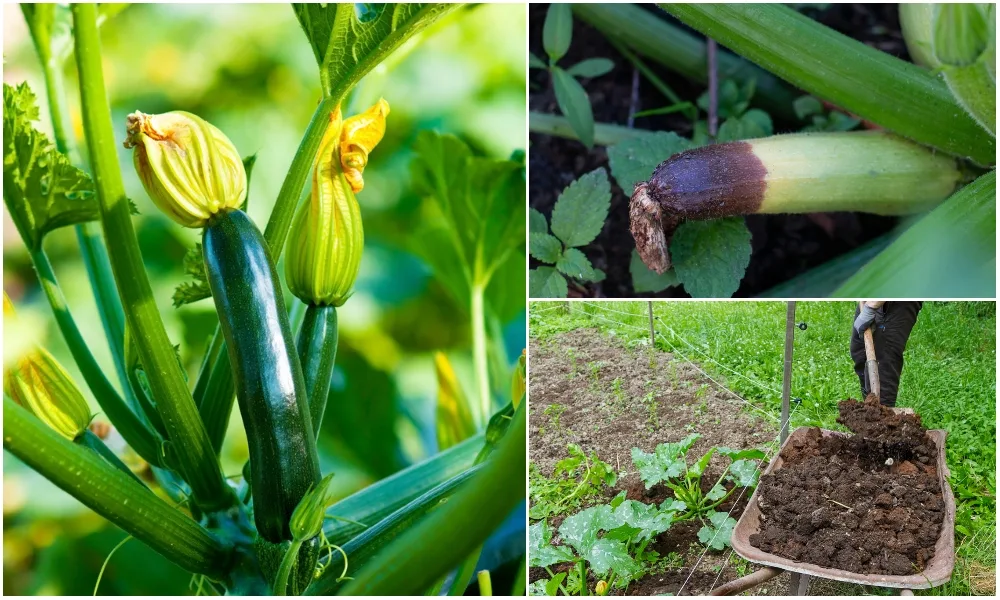
Planting zucchini near squash
Zucchini and other types of squash belong to the same family, and while they may seem like natural companions, planting them too close together can lead to cross-pollination. This can result in hybrid zucchini fruits that may not have the desired characteristics. To maintain the purity of your zucchini crop, it’s best to avoid planting them near other types of squash.
Planting zucchini near pumpkins
Similar to squash, planting zucchini near pumpkins can also lead to cross-pollination and the development of hybrid fruits. If you’re aiming for pure zucchini fruits, it’s important to keep them away from pumpkins. However, if you don’t mind the possibility of hybrid fruits, you can experiment with planting them together.
Planting zucchini near beans
While beans can be a good companion for some plants, they are not ideal companions for zucchini. Beans are nitrogen-fixing plants, meaning they have the ability to take nitrogen from the air and convert it into a form that plants can use. However, zucchini is already a heavy feeder that requires a lot of nitrogen, and planting them near beans can result in nutrient deficiencies. It’s best to choose other nitrogen-loving companions for your zucchini.
Planting zucchini near onions
Although onions are known to repel certain pests, they are not compatible companions for zucchini. Zucchini plants have large leaves that can shade out onions, inhibiting their growth. Additionally, onions have a strong odor that can attract pests, which can then affect your zucchini plants. It’s best to keep these two crops separate in your garden.
Planting zucchini near corn
Corn and zucchini can both be vigorous growers, but planting them together is not recommended. Corn is a tall plant that can cast shade over zucchini, depriving it of sunlight. Additionally, zucchini plants have shallow roots that can be easily disturbed by the deeper-rooted corn. It’s best to provide each crop with its own space to ensure optimal growth.
Conclusion
Companion planting can be a fantastic strategy to enhance the growth and productivity of your zucchini, but it’s important to avoid common mistakes. Improper companion planting, choosing incompatible plants, overcrowding zucchini, neglecting proper spacing, and planting zucchini near unsuitable companions can all have negative effects on your garden. By doing your research and selecting compatible companions, you can create a flourishing garden that yields healthy and abundant zucchini crops. Happy planting!

